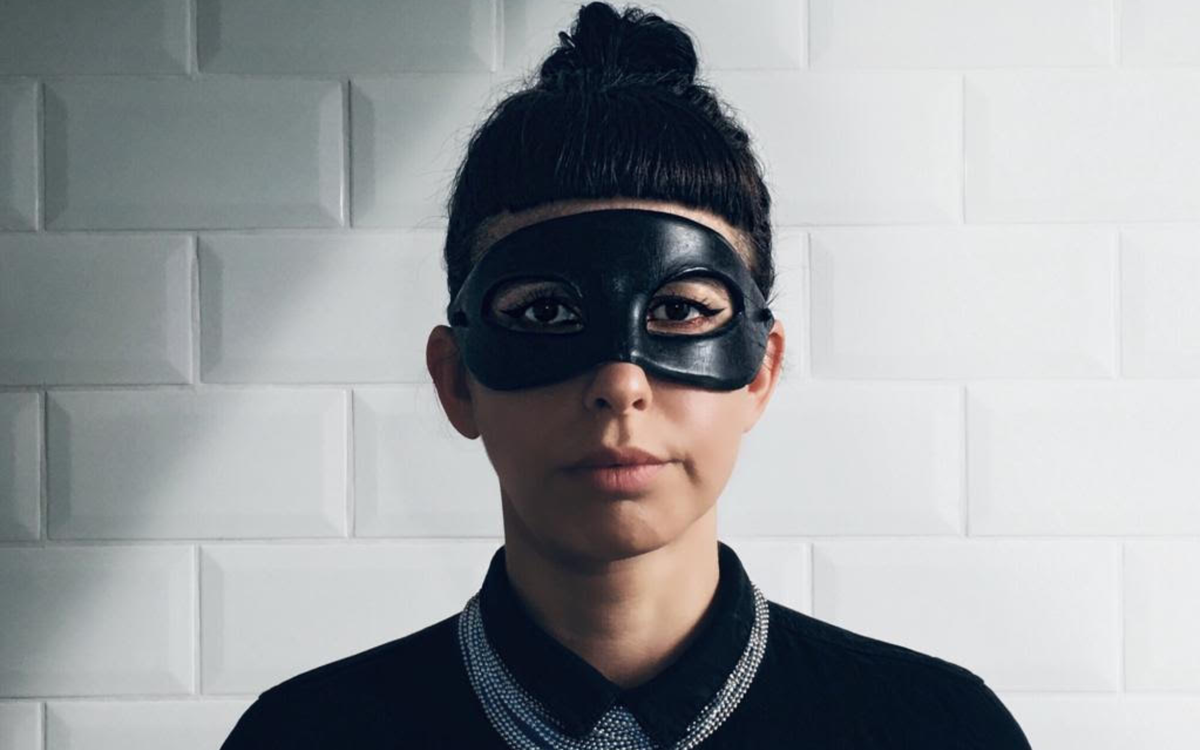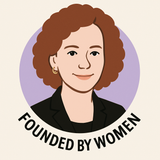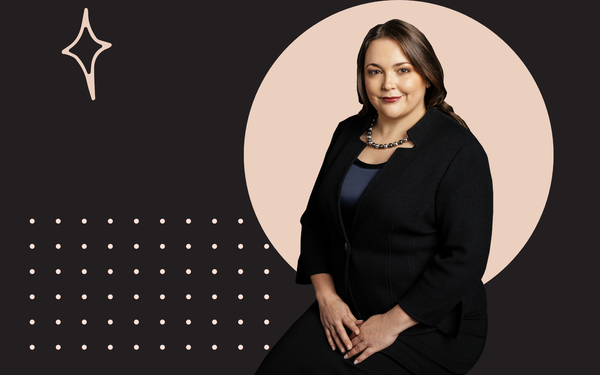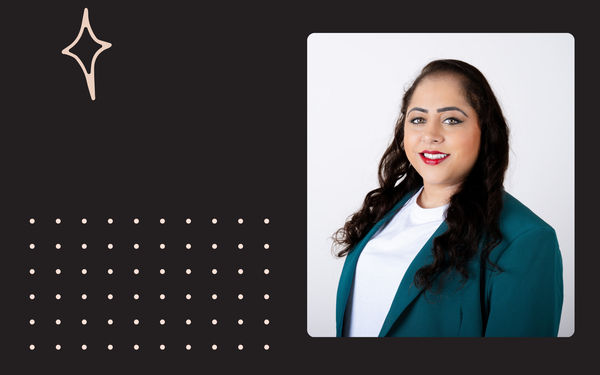Inside the Line: Sophie Cohen on Art, Authenticity, and the Stories We're Not Supposed to Tell

Most artists spend their careers trying to cross boundaries. Sophie Cohen has spent hers living comfortably within them—transforming the spaces society deems "delicate" or "difficult" into art that reveals their full humanity. The writer, director, and creative provocateur has built her career in the territories others avoid: strip clubs, underground theatre, the complex intersections of sex, power, and performance.
What emerges from Cohen's work isn't the tragedy or victimhood that mainstream narratives typically assign to these worlds, but something far more subversive: joy, humor, and authentic human connection. From her early days as a dancer to her current role developing film and television projects, Cohen approaches her craft with an unusual combination of insider knowledge and artistic distance, creating stories that challenge audiences not through shock value, but through recognition of shared humanity.
In this revealing conversation, Cohen discusses why she doesn't find her artistic territory "delicate," how different mediums have shaped her creative voice, and her mission to populate screens with characters who refuse to be reduced to their circumstances. Her perspective offers a rare glimpse into how authenticity—rather than sensationalism—becomes the most powerful tool for shifting cultural narratives around sexuality, power, and the stories we're not supposed to tell.
Your work navigates the delicate territory between performance, intimacy, and power dynamics. How do you establish and maintain ethical boundaries when crafting stories from such deeply personal and stigmatized experiences – both your own and those of your collaborators?
I don’t really feel that the territory I’m in is particularly delicate — it’s just somewhere I’ve been for such a long time, so it feels very comfortable to me. As far as ethical boundaries go, I always make sure the people I work with feel confident and comfortable where they are, and that we’re doing things everyone feels good about.For me personally, I can kind of mercurially float between different boundaries quite easily. I don’t find it challenging — it just comes to me as an instinct rather than something I need to clearly define. I know that for other people, these spaces might feel delicate or difficult, but they just don’t feel that way to me.Because the areas I work in are often stigmatised — mostly because people project very negative assumptions onto them — I try to make sure that humour, fun, love, and all the other human experiences are layered into the stories I tell. I’m not interested in showing characters who are just victims of their circumstances, particularly when those circumstances involve sex work, because I don’t believe that’s always the case — and it definitely hasn’t been in my world.
Your creative evolution spans strip clubs, immersive theatre, and now filmmaking – each requiring you to inhabit different artistic identities. Which transition felt most creatively liberating, and what did that shift reveal about your voice as a storyteller?
I think I probably felt the most creatively free when I was stripping. In strip clubs, I could wear what I wanted, dance to what I wanted, be who I wanted — and I could change it on a penny. It’s still the thing I miss the most. That was the space where I got to fully express myself, without feeling any kind of pressure.When I was working in theatre, I loved seeing other people perform the pieces I’d created, but I found it really challenging to be the director, producer, and performer all at once. So “free” isn’t how I would’ve described that time — although it was creatively exciting to watch something new take shape and see people enjoying it.As a filmmaker, I still feel very new, but I’ve really loved working in a form that can be held and revisited. Everything I’d made before — apart from podcasting — was ephemeral. You were either there or you weren’t. That has its own magic and energy, but film has this permanence, which is both terrifying (because it has to be so much better) and thrilling.Podcasting, for me, also feels really free — it’s more fluid, less polished, and I really enjoy that format too. So whether one form is more freeing than another… I think they all bring something different to the table.
As you develop your debut feature and TV pilots for broader audiences, how are you working to subvert mainstream narratives around sexuality and power? What fundamental shift in perspective do you want viewers to walk away with after experiencing your stories?
I think the best way to challenge mainstream ideas about sex, power, and sex work is to show the humanity behind it. I want to make characters feel like full human beings, not just sex workers or not just victims — but people with full lives.When I speak about my life, I try to do it from a place of humour, loveability, and connection. I love to be liked, and I love to be loved — and I think that makes the stories I tell more approachable. I want people to laugh, to feel affection for these characters, and to connect with them. All of the characters I put on screen are drawn from my own life and from people I love dearly in the world I’ve come from — and I think if viewers can see them as exciting, interesting, human people, then that already shifts something.The mainstream narrative around these kinds of stories tends to lean toward tragedy, or one-dimensional portrayals. If my work can make people think a little differently — to laugh, to feel, to recognise our shared humanity — then I consider that a win. And I hope to keep being given the chance to do more of that.
Are you a woman leader with an inspiring journey to tell? Founded by Women is on a mission to elevate and amplify the voices of women making an impact.
If you're breaking barriers, driving change, or paving the way for others, we’d love to feature your story. Get in touch with us today!
👉 Contact Us


